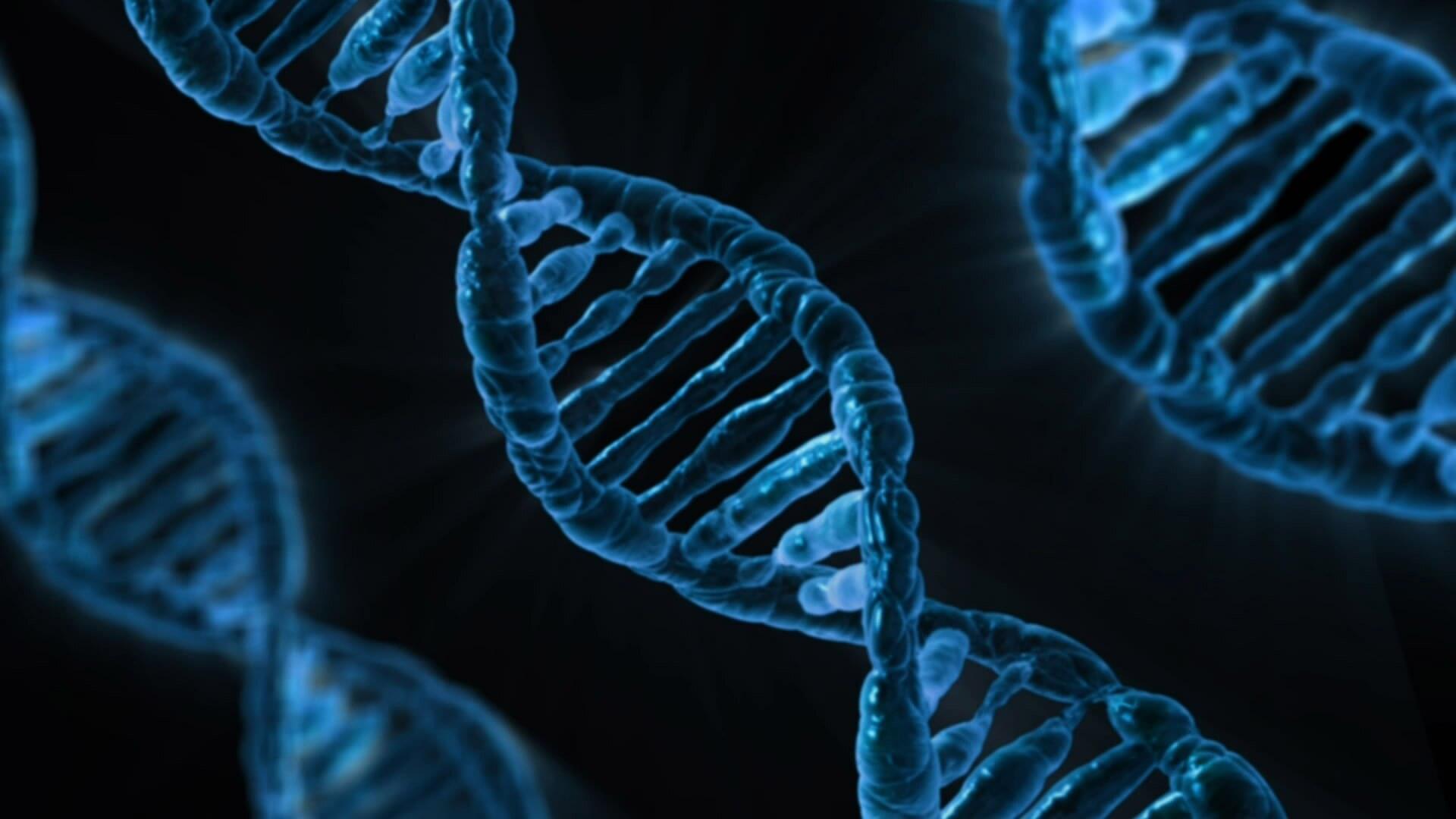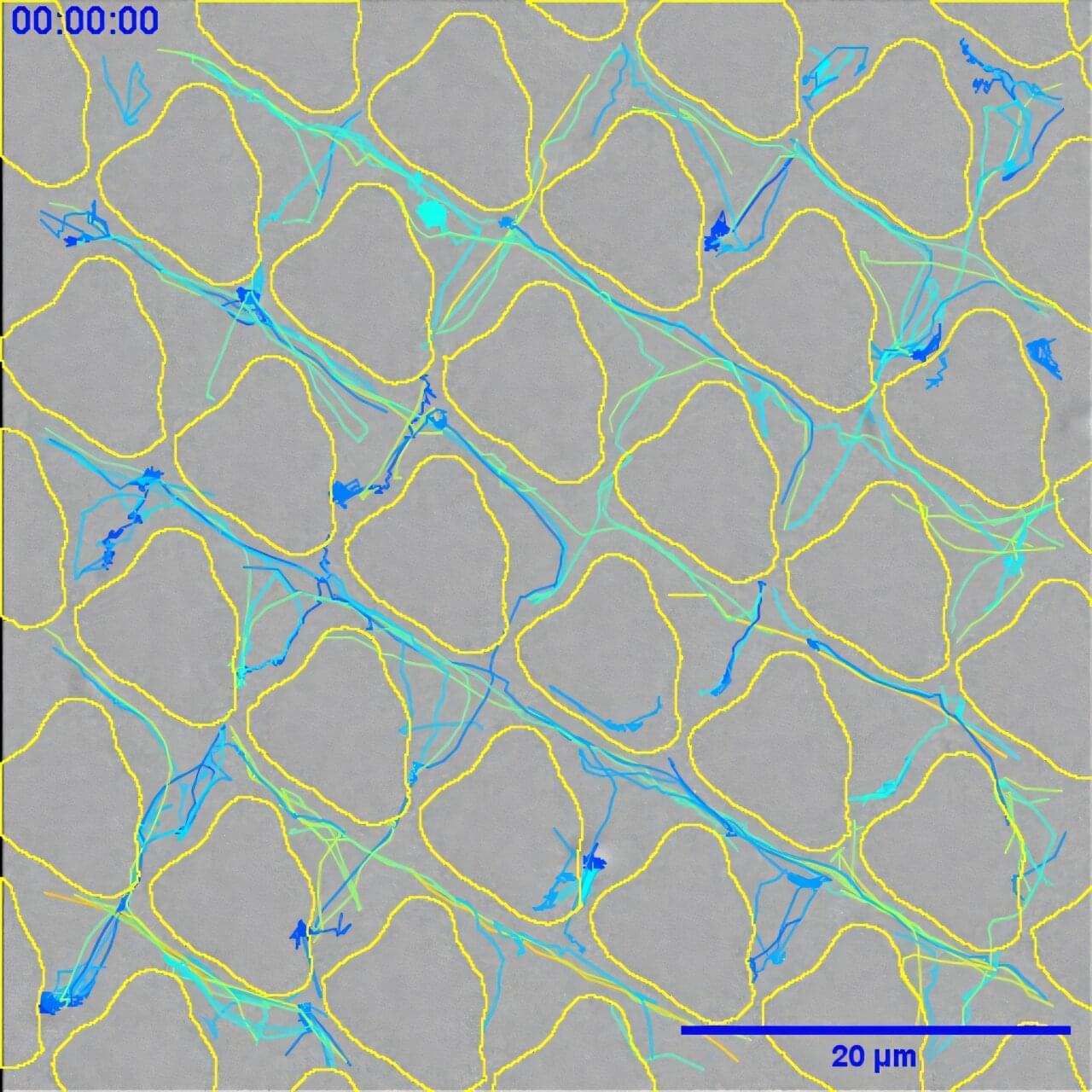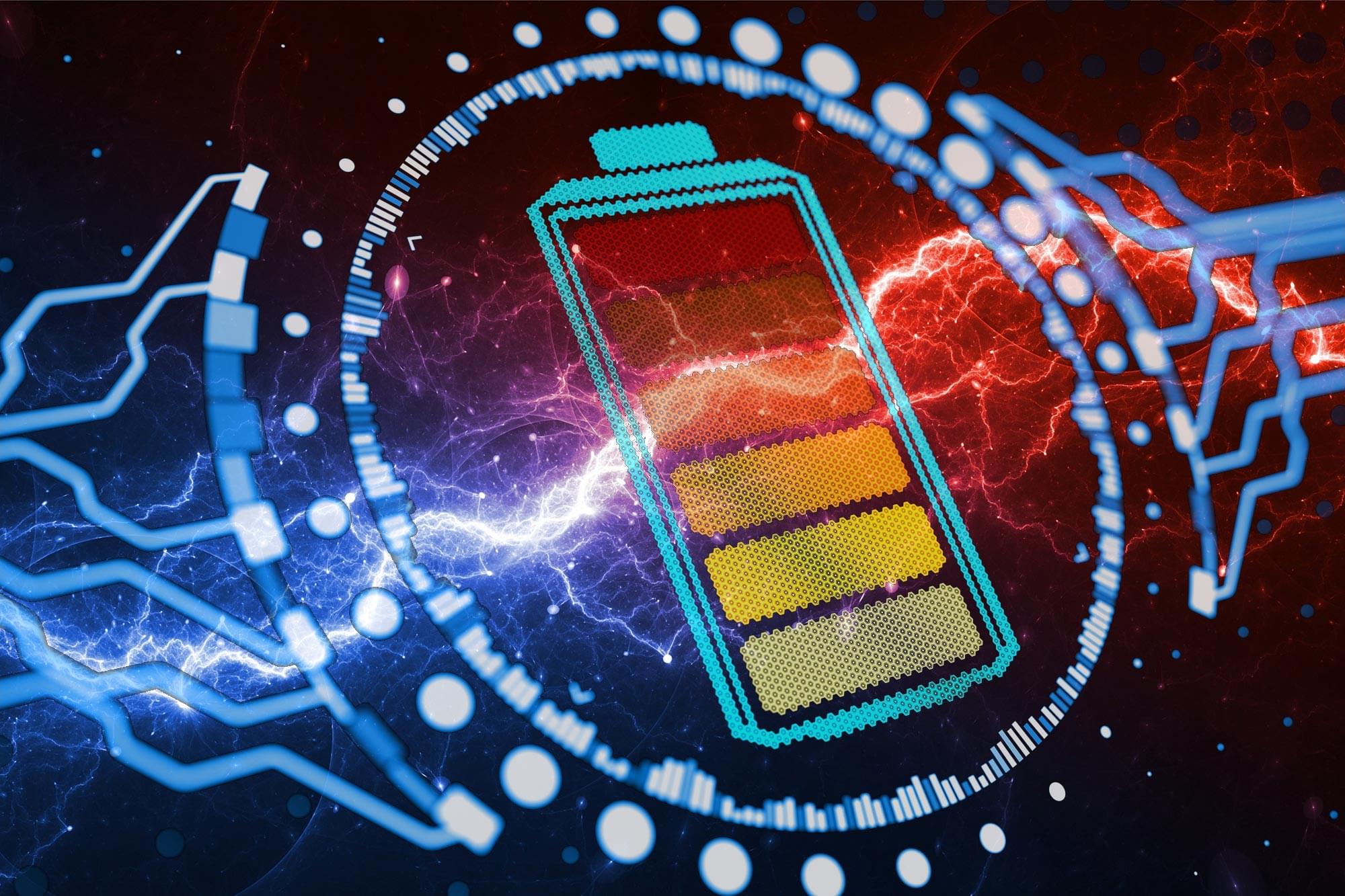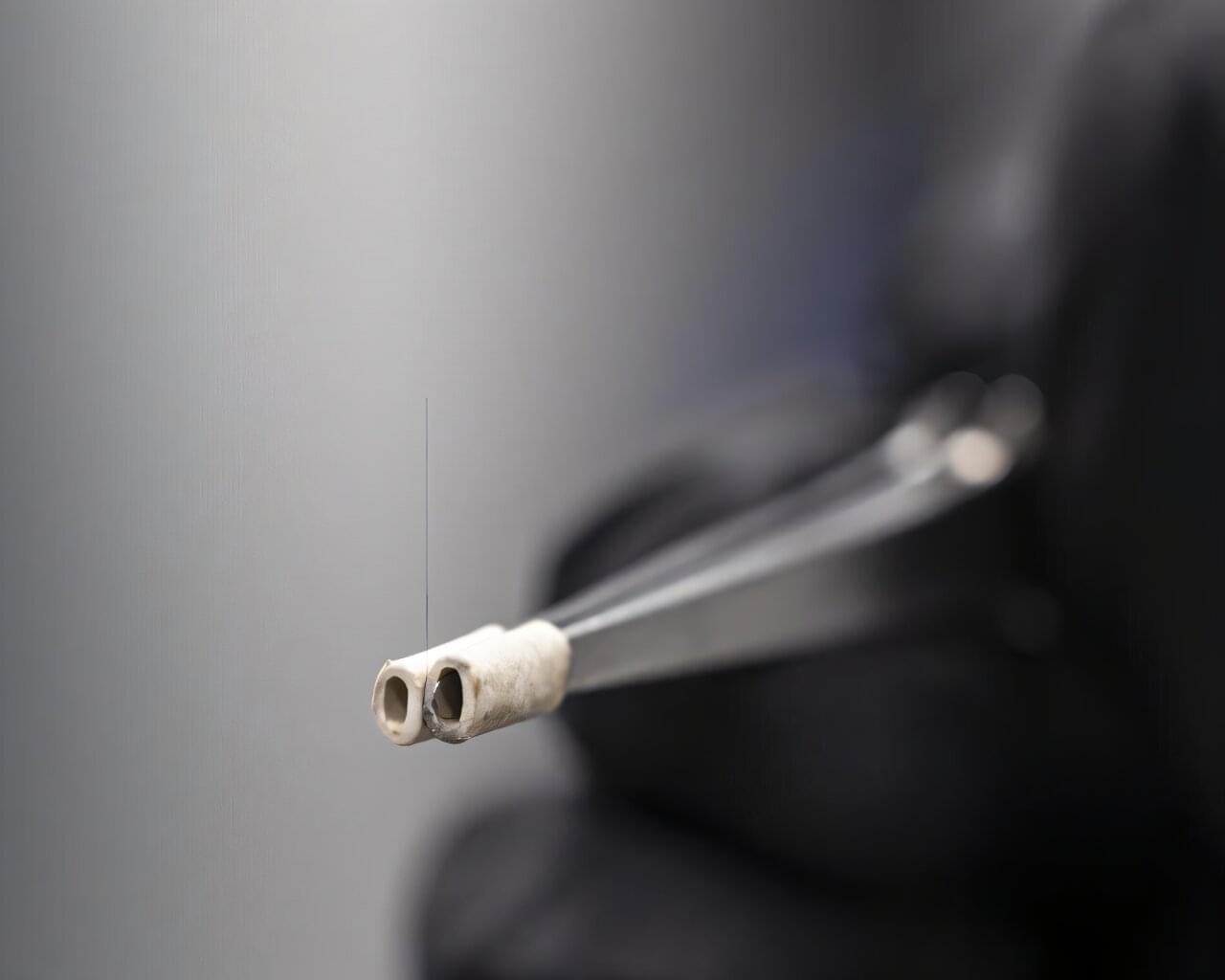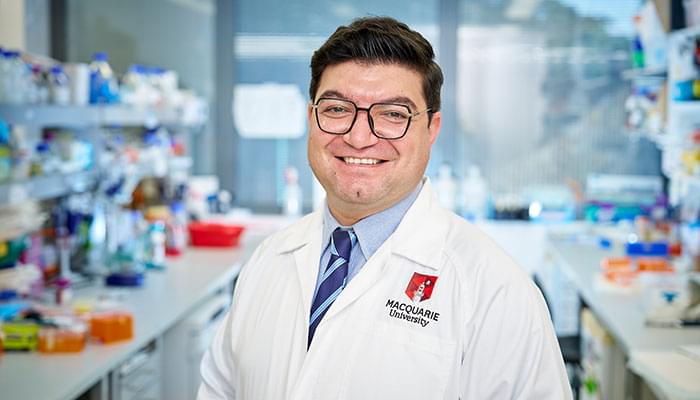Macquarie University researchers have discovered a naturally occurring protein found in human cells plays a powerful role in repairing damaged DNA — the molecule that carries the genetic instructions for building and maintaining living things.
The discovery, published in the journal Ageing Cell, could hold the key to developing therapies for devastating age-related diseases such as motor neuron disease (MND), Alzheimer’s disease, and Parkinson’s disease.
Hope: Dr Sina Shadfar, pictured, and colleagues discovered a protein which they have shown for the first time acts like a ‘glue’, helping to repair broken DNA, which is widely accepted as one of the main contributors to ageing and the progression of age-related diseases.
The research, conducted by neurobiologist Dr Sina Shadfar and colleagues in the Motor Neuron Disease Research Centre, reveals a protein called protein disulphide isomerase (PDI) helps repair serious deoxyribonucleic acid (DNA) damage. This breakthrough opens new possibilities for therapies aimed at boosting the body’s ability to fix its own DNA — a process that becomes less efficient as we age.
